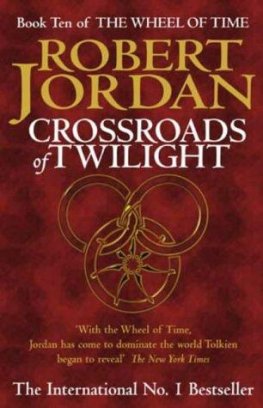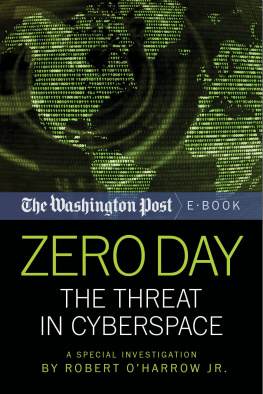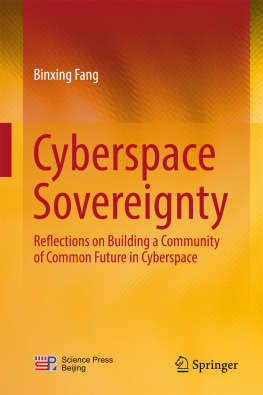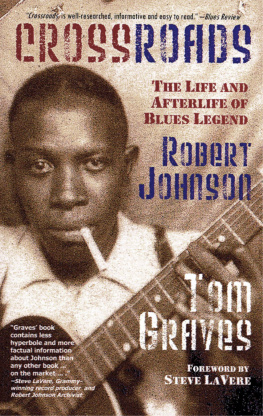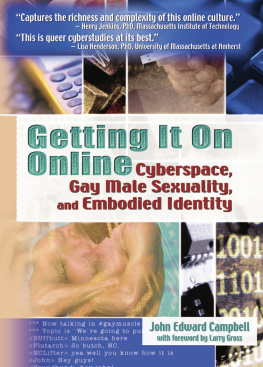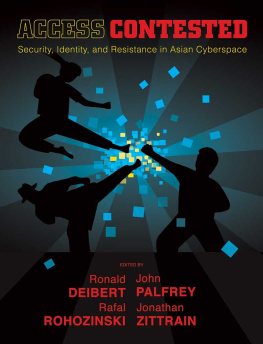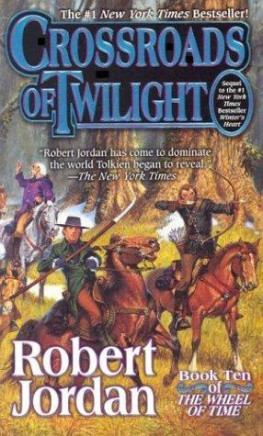Tyminski Robert - Male Alienation at the Crossroads of Identity, Culture and Cyberspace
Here you can read online Tyminski Robert - Male Alienation at the Crossroads of Identity, Culture and Cyberspace full text of the book (entire story) in english for free. Download pdf and epub, get meaning, cover and reviews about this ebook. year: 2018, publisher: Taylor & Francis Group, genre: Romance novel. Description of the work, (preface) as well as reviews are available. Best literature library LitArk.com created for fans of good reading and offers a wide selection of genres:
Romance novel
Science fiction
Adventure
Detective
Science
History
Home and family
Prose
Art
Politics
Computer
Non-fiction
Religion
Business
Children
Humor
Choose a favorite category and find really read worthwhile books. Enjoy immersion in the world of imagination, feel the emotions of the characters or learn something new for yourself, make an fascinating discovery.
- Book:Male Alienation at the Crossroads of Identity, Culture and Cyberspace
- Author:
- Publisher:Taylor & Francis Group
- Genre:
- Year:2018
- Rating:3 / 5
- Favourites:Add to favourites
- Your mark:
- 60
- 1
- 2
- 3
- 4
- 5
Male Alienation at the Crossroads of Identity, Culture and Cyberspace: summary, description and annotation
We offer to read an annotation, description, summary or preface (depends on what the author of the book "Male Alienation at the Crossroads of Identity, Culture and Cyberspace" wrote himself). If you haven't found the necessary information about the book — write in the comments, we will try to find it.
Tyminski Robert: author's other books
Who wrote Male Alienation at the Crossroads of Identity, Culture and Cyberspace? Find out the surname, the name of the author of the book and a list of all author's works by series.
Male Alienation at the Crossroads of Identity, Culture and Cyberspace — read online for free the complete book (whole text) full work
Below is the text of the book, divided by pages. System saving the place of the last page read, allows you to conveniently read the book "Male Alienation at the Crossroads of Identity, Culture and Cyberspace" online for free, without having to search again every time where you left off. Put a bookmark, and you can go to the page where you finished reading at any time.
Font size:
Interval:
Bookmark:

Im broken. When a boy or man says this, he is expressing deep alienation from himself and the world. Somethings wrong, and he usually cannot begin to explain why. What brings boys and men into psychotherapy or analysis?
Many of them struggle with access to their inner worlds. Experiences of alienation can lead to destructive and self-destructive behaviors, including addiction and violence. This book explores the reasons for this and considers why boys and men seek professional help. How do psychotherapists and analysts engage them when they often protest that they want to be left alone?
Looking at the male psyche from boyhood through adolescence and into adulthood, Male Alienation at the Crossroads of Identity, Culture and Cyberspace provides examples from clinical practice, current events, art, and literature that show what happens when alienation is severe and leads boys and men to discharge their emotional problems in the outside world. The book examines compulsive internet use, flawed concepts of masculinity, difficulties with mutually intimate relationships, trouble showing emotions, and identity issues, as well as the role of fathers, with a focus on the types of fathers that many boys and men describe as being difficult. Tyminski provides various practical ideas about working with boys and men to encourage them to be open to their inner worlds, and emphasizes the contrast between having meaningful contacts or having a merely transactional approach to relating.
Male Alienation at the Crossroads of Identity, Culture and Cyberspace will be essential reading for Jungian analysts, psychotherapists, and psychoanalysts as well as a wide range of other professionals who work with men and boys.
Robert Tyminski is a psychologist and Jungian analyst in San Francisco, USA. Past president of the C. G. Jung Institute of San Francisco, he is a Clinical Professor in the Department of Psychiatry at the University of California, San Francisco. He is the author of The Psychology of Theft and Loss: Stolen and Fleeced (Routledge).
This is a great book! It is rare to see such finely tuned and sensitive clinical skills that are both steeped in the research and theories of child and adolescent development and, at the same time, coupled with depth-oriented soulful insightfulness about the ordeals of growing up. Among this books many virtues is Dr. Tyminskis ability to track and connect the subtle interface of the fragile structures of young male identity formation and alienation with the dangers of being swallowed by a rapidly evolving internet culture and/or problematic parental relationships, especially with fathers.
Thomas Singer, M.D., Jungian psychoanalyst in San Francisco, co-editor of the Ancient Greece, Modern Psyche series and co-editor of The Cultural Complex (both Routledge)
Here at last is an invaluable resource for therapists, teachers, and professionals in pastoral care one of few contemporary contributions to the topic of treating young men in the troubling years of transition into adulthood. With close attention to anti-developmental threats such as internet addiction, conflicts over sexuality, suicidality and alienation from internal states, it provides in-depth case studies from the authors clinical experience with young men in psychic turmoil. Destructiveness is tracked to its origins in shame, humiliation and rage and importantly, the case studies illustrate ways forward out of alienation into maturation and emotional integration. I thoroughly recommend this book!
Susanna Wright, Jungian analyst and former co-editor in chief of the Journal of Analytical Psychology
In this very timely and well-written volume, Dr. Tyminski addresses one of the most difficult and important challenges currently faced by society: the alienation of males, and the profound suffering and destruction it causes. Integrating extensive research, theory and clinical experience, this book provides powerful examples, crucial insights and potential solutions to the problems related to males estrangement, from isolation & loathing to conflict & violence, among many others. The writing is also extremely engaging, making it essential reading not only for clinicians, scholars and policy makers, but also for anyone interested in human development in our current social, political and technological context.
Philip J. Moore, Ph.D., Associate Professor of Psychology, The George Washington University, USA

First published 2019
by Routledge
2 Park Square, Milton Park, Abingdon, Oxon OX14 4RN
and by Routledge
52 Vanderbilt Avenue, New York, NY 10017
Routledge is an imprint of the Taylor & Francis Group, an informa business
2019 Robert Tyminski
The right of Robert Tyminski to be identified as author of this work has been asserted by him in accordance with sections 77 and 78 of the Copyright, Designs and Patents Act 1988.
All rights reserved. No part of this book may be reprinted or reproduced or utilised in any form or by any electronic, mechanical, or other means, now known or hereafter invented, including photocopying and recording, or in any information storage or retrieval system, without permission in writing from the publishers.
Trademark notice: Product or corporate names may be trademarks or registered trademarks, and are used only for identification and explanation without intent to infringe.
British Library Cataloguing-in-Publication Data
A catalogue record for this book is available from the British Library
Library of Congress Cataloging-in-Publication Data
Names: Tyminski, Robert, author.
Title: Male alienation at the crossroads of identity, culture and cyberspace / Robert Tyminski.
Description: New York, NY : Routledge, 2018.
Identifiers: LCCN 2018013025 (print) | LCCN 2018026192 (ebook) | ISBN 9781315159751 (Master e-book) | ISBN 9781138065390 (hardback) | ISBN 9781138065406 (pbk.)
Subjects: LCSH: MenPsychology. | Identity (Psychology) | Alienation (Social psychology) | Developmental psychology. | Father and child.
Classification: LCC HQ1090 (ebook) | LCC HQ1090 .T96 2018 (print) | DDC 155.3/32dc23
LC record available at https://lccn.loc.gov/2018013025
ISBN: 978-1-138-06539-0 (hbk)
ISBN: 978-1-138-06540-6 (pbk)
ISBN: 978-1-315-15975-1 (ebk)
Typeset in Times New Roman
by Apex CoVantage, LLC
For Gady, and in memory of my father, Frank
As awareness of how abusive men can be increases, more and more young men are growing up alienated from the concept of masculinity. Estranged from this part of themselves, they are rather easily caught up in social roles that are only increasing their sense of isolation from something vital but taboo. In the pages of this book, Robert Tyminski offers compelling clinical evidence that many of the psychological problems contemporary men exhibit have emerged, not because they have acted out, but because they have cut themselves off from their masculine potential. The toll of psychopathology becomes especially evident, Tyminski shows, when boys enter puberty and their output of testosterone increases thirtyfold. One of the cases he describes, a sixteen-year-old boy who had not yet gone into puberty and began compulsively to lock the doors and windows of his familys house against intruders, is particularly poignant. Tyminski believes that the feared intruders are the hormones that will eventually get the upper hand in this boys embodied psyche and turn him into a man.
Font size:
Interval:
Bookmark:
Similar books «Male Alienation at the Crossroads of Identity, Culture and Cyberspace»
Look at similar books to Male Alienation at the Crossroads of Identity, Culture and Cyberspace. We have selected literature similar in name and meaning in the hope of providing readers with more options to find new, interesting, not yet read works.
Discussion, reviews of the book Male Alienation at the Crossroads of Identity, Culture and Cyberspace and just readers' own opinions. Leave your comments, write what you think about the work, its meaning or the main characters. Specify what exactly you liked and what you didn't like, and why you think so.


